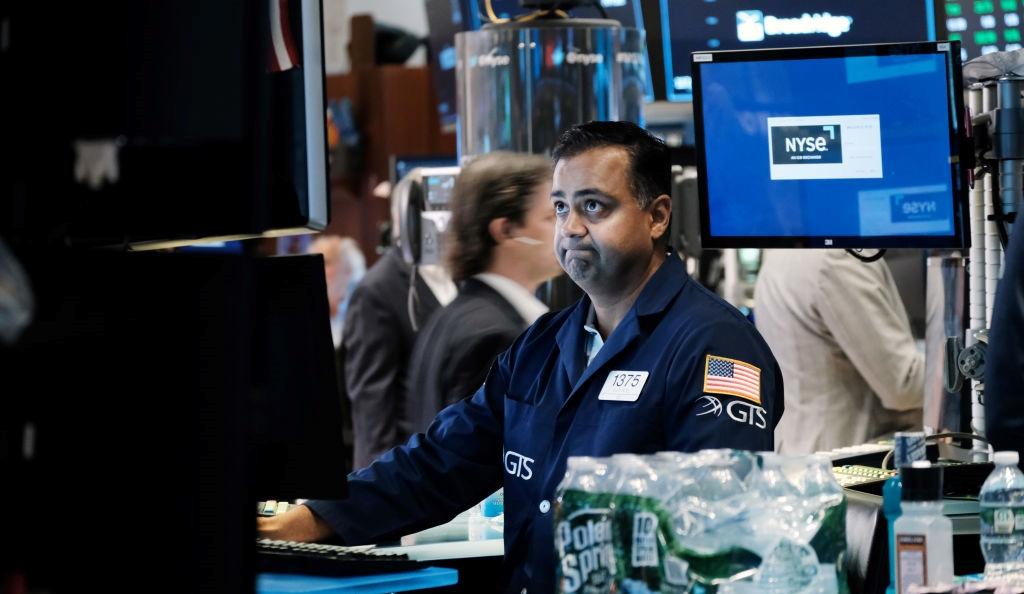Is Anti-Capitalist Investing Possible? Yes, but It's Hard
A wave of anti-capitalist investing is sparking questions. What does it mean and is it even possible? Anti-capitalist investing is possible but it's hard.
June 6 2022, Published 2:26 p.m. ET
At first glance, the terms “investing” and “anti-capitalism” may seem contradictory. After all, investing typically operates under capitalistic structures, while anti-capitalism seeks to dismantle that very motif. A rise in anti-capitalist investing challenges the notion that these two worlds can't collide.
What does anti-capitalist investing mean and is it even possible? Here’s the rundown of a type of impact investing often called “transformative investing,” which may shape how anti-capitalists interact in the American economic landscape.
The anti-capitalist investing movement may be on the rise.
Anti-capitalism is reportedly rising in the U.S. — a change attributable to many social and economic factors. Despite rising wages in lower income brackets (like companies increasing their minimum wage), the wealth gap persists. Just a few billionaire men own more wealth than the bottom half of Americans, according to Inequality.org.
Meanwhile, Black Lives Matter and other social justice movements that refueled in 2020 radicalized some folks against the current capitalistic standard that puts profit over people.
The boomer generation (born from 1946 to 1964) is poised to pass on $68.4 trillion in wealth to their children in the coming years, which marks a shift for money and a potential opportunity to close the wealth gap. In that, people who identify as anti-capitalists see opportunity.
“People are really yearning for this,” says Values Added Financial founder Zach Teutsch. “They want an adviser who shares their disdain for a U.S. economy that’s dominated by obscenely wealthy multi-billionaires.”
Here's what anti-capitalist investing looks like in action.
Anti-capitalist investing isn't about gaining profit. Instead, it’s about the redistribution of wealth.
According to Recode, “Proponents are going beyond merely disincentivizing unethical behavior in companies. They’re trying to shift more of the balance of financial power into the hands of the working class, transforming an economic system that they believe has unjustly given just a few people control over a majority of the capital.”
This form of impact investing may look different for everyone. There’s a spectrum, from the staunch anti-capitalists seeking to redistribute all of their wealth on an ongoing basis, to the investors who seek returns on their cost basis while investing in anti-capitalist-geared social justice initiatives.
Is it truly possible to invest in line with your anti-capitalist beliefs?
While seemingly contradictory, anti-capitalist investing is plausible, albeit under strict conditions. Where one falls on the anti-capitalist spectrum and which replacement economy one prefers will dictate what their particular transformative investing strategy looks like.
One method of anti-capitalist investing is through worker cooperatives, like the Boston Ujima Project, a “democratic investment vehicle raising capital to finance small businesses, real estate, and infrastructure projects in Boston’s working-class Black, Indigenous, and other communities of color.”
There are other investment funds outside of Wall Street, like the Access Community Capital Fund. However, more Wall Street options may arise as this form of impact investing grows. For example, mutual funds like the TIAA-CREF Social Choice Equity Fund (TICRX) may fit the bill for the right investor.
All things considered, anti-capitalist investing is possible, but it isn't easy. This may change in the future as money changes hands, socially responsible investing gains steam, and more funds come out of the woodwork to support the growth of other economic realities.


